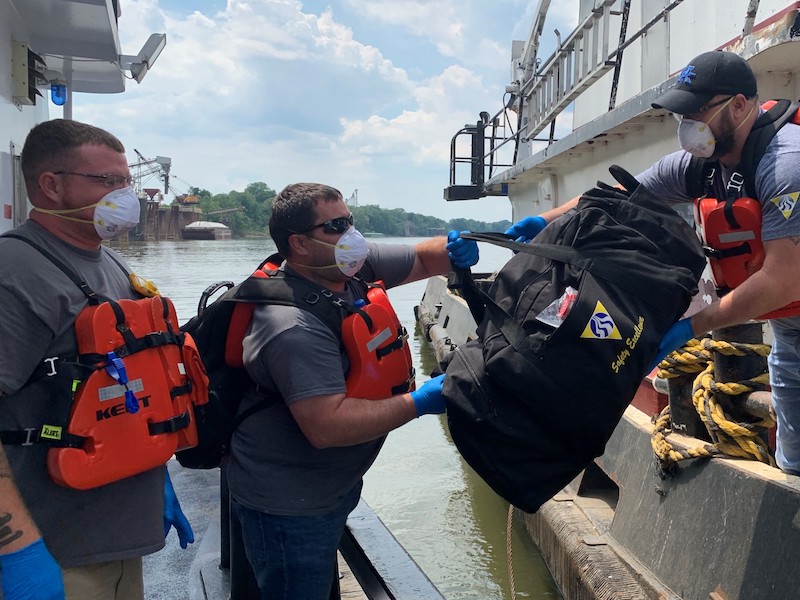When it comes to Covid-19, if the U.S. response to the virus emulated the workboat industry’s, I’d be making plans for a July trip to Spain. Unfortunately, yesterday, when European nations opened their borders to travelers from several countries, the U.S. was not included.
By most measures, the U.S. response to the Covid-19 pandemic has been a disaster. Not so for the U.S. workboat industry. Based on what companies, associations and others have told us, the barge industry and other workboat sectors have been taking significant steps to protect its workers and vessels, so that business can steam ahead.
As Pamela Glass points out in our August cover story due out later this month, unlike many businesses that have been forced to close or greatly reduce operations due to Covid-19, barges, towboats and tugs continue to operate without interruption, moving commodities along the rivers, coasts and Great Lakes that have helped keep the economy humming.
To do this, operators have launched safety and health protocols that are in line with state, local and federal guidelines, closed shoreside offices to work at home, invested in personal protective equipment and disinfectant materials, and implemented health screenings and new procedures for crew changes, vessel cleaning and mariner hygiene.
As a result, operators say Covid-19 infections among workers have been minimal, companies have not laid off employees, and many continue to hire.
And it’s not just barge operators who have been proactive. Just look at shipbuilder Gulf Island Fabrication.
“Our efforts in response to the impact of Covid-19 ... have been highly collaborative and well-coordinated,” President and CEO Richard Heo said in a May earnings call.
The shipyard has been monitoring employee temperatures prior to entering company facilities, had them fill out wellness questionnaires, instituted workplace distancing including allowing employees to work from home, installed hand sanitizing stations and took additional actions to sanitize facilities. The company also enacted protocols for employees returning from absences.
When it comes to Covid-19 prevention and mitigation, if the workboat industry can do it, why not the rest of us?




